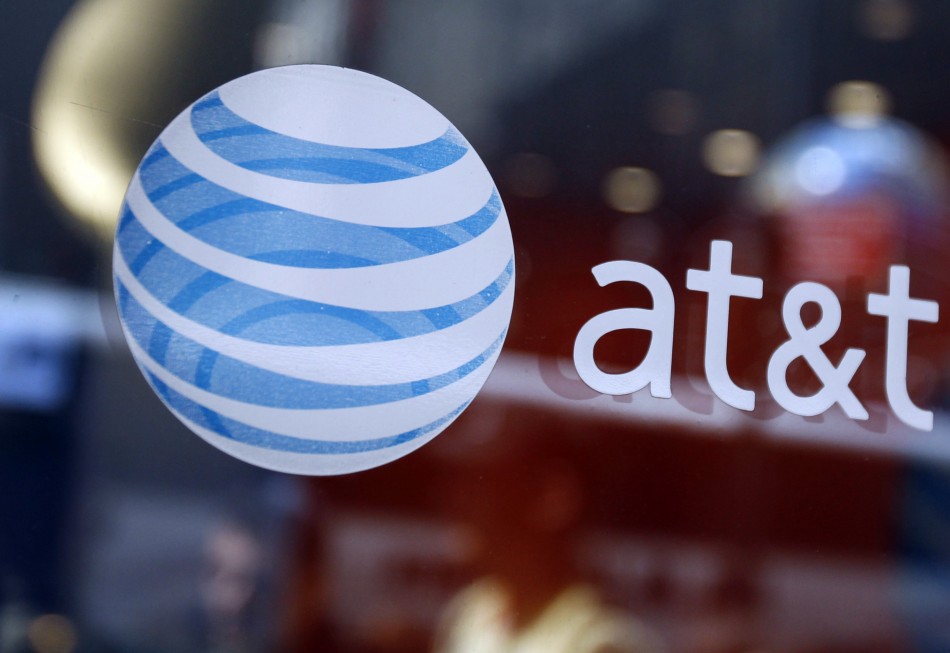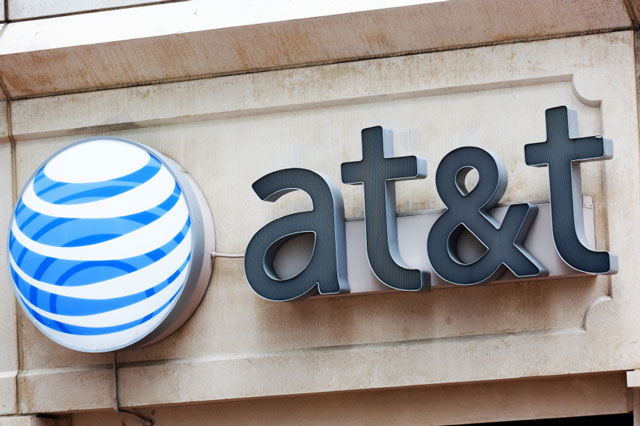Looks like AT&T had a spoiled apple on their hands. The company has recently discovered that a rogue employee took it upon themselves to gain unauthorized access to sensitive customer data. The insider may have had deep access to information such as social security numbers and driver’s licenses, though it’s unclear how many folks were affected as the information comes from a letter sent from AT&T’s director of finance and billing operations Michael Chiarmonte to Vermont’s attorney general.
AT&T says law enforcement officials are involved and that the individual responsible for the breach has already been terminated from employment. They’re also forking over the cash for a year’s worth of credit monitoring for all those affected. It sounds like AT&T will send notices directly to any individuals who were affected so there’s no way to know if your information was part of the breach unless you simply don’t get a notice.
AT&T has not yet determined the reason for the breach, whether that be conspiracy to commit fraud or sell information off to third-party no-gooders. Or it could be just as likely that this person was just a nosy punk snooping into personal information because he thought he could get away with it. Whatever the case, though, it appears AT&T is treating it as seriously as they need to.
This isn’t the first time in recent months that AT&T’s been affected by an inside job. The company was a victim to such foulness back in April of this year. We can’t single AT&T out for the unfortunate incidents, though, as there’s no way they can protect themselves from rogue employees. Any company of AT&T’s size is bound to have a few bad apples so the most they can do is react swiftly and appropriately as soon as they realize what’s happened. Good on them that they’ve continued do that with this latest episode.
[via ThreatPost]













Not exactly true that, “there’s no way they can protect themselves from rogue employees”. There are a number of security software providers that provide solutions to this exact problem.
That doesn’t matter. A company would literally have to spend about 80% of their profits to make sure NO ONE has unauthorized access. You will need a combination of all those different security measures and not just one.
For starters, if you take someone’s password that has access, then what? You will need all the security measures at play to prevent something like that: including, but not limited to retina scans, body scans, voice. The list goes on. Security is a very expensive thing. You want to have enough security to protect our assets, but don’t want to overdo it to where you’re spending more on security than anything else.
I hate to be that guy (lol no I don’t) but:
“A company would literally have to spend about 80% of their profits to make sure NO ONE has unauthorized access.”
Let’s assume that’s true. Let’s also use AT&T as an example. You’re talking about gross income (where in financial terms income = profit, which is different than revenue, etc.) instead of net income, because security-focused employees are a business expense and their cost and the costs associated with them would still leave you with gross income. AT&T gross income is usually about $50 billion/year. According to your research/statistic, AT&T would need to spend $40 billion a year on security. Come on. And “retina scans”? You’ve been watching too many movies. Two-factor authentication is a pretty logical start, relatively easy to implement, and not terribly expensive. ACLs, password complexity requirements, basic stuff.
What would be correct is that it would be very difficult for a company as large as AT&T to have no blind spots.
There is no 100% solution, but the point I’m making is that there are ways to mitigate the risk from insiders/privileged users. Logging/monitoring their activities while using root/admin privileges is a good start – and possibly what AT&T used to discover the breach. Users who know they’re being watched are less likely to perform malicious activities. There are also ways of alerting a security team when activity is abnormal according to established patterns, such as downloading databases at 3am on a Saturday. Most large companies are investing in those kind of tools. Full disclosure – I work for a vendor in this space.
“Any company of AT&T’s size is bound to have a few bad apples”
So there are good Apples? I see we have a traitor in our midst! Down with the traitor!
So happy I switched over to Verizon last year.